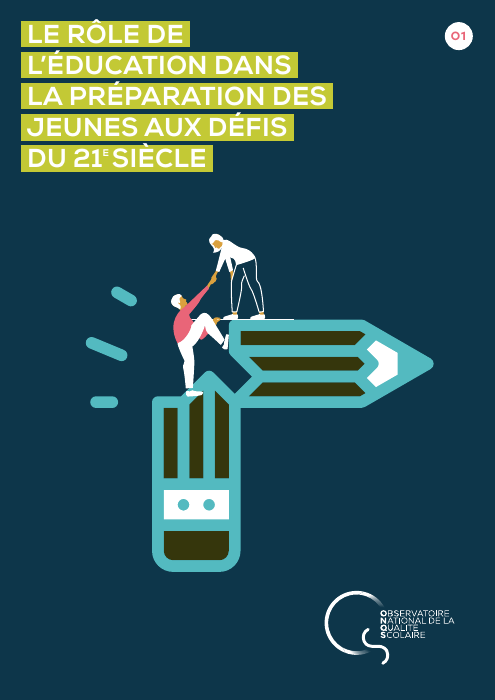Topical report: The role of education in preparing young people for the challenges of the 21st century (French)
The importance of integrating the development of 21st century key competences into school curricula and their implementation in education systems has been a topic of political and scientific discourse since the publication of the “Delors Report” in 1995. This report advocates a humanistic and holistic approach to preparing children and young people for the world of tomorrow.
However, it should be noted that a structured, explicit and lasting public debate on this key issue has not yet taken place in Luxembourg, and that the questions raised in the Delors report are still topical. This decision to devote this report, which explores the scientific literature, aims to contribute to the key competences of the 21st century thus stems from the desire to contribute, through its forward-looking nature, to development of a common vision for our school system and to guiding political decision-makers in the process of identifying priority courses of actions.
This shared vision should be based on a concern to prepare young people as well as possible to become committed, autonomous and confident citizens capable of addressing the complex, varied and unpredictable challenges of the 21st century of the knowledge society of the 21st century.
The challenges facing society in the 21st century are complex and varied, including globalisation, climate change, the limited availability of resources, increasing poverty, environmental pollution, the ethical aspects of artificial intelligence, the loss of biodiversity, as well as demographic and digital transformations, which are having a major impact on the world of work, socialisation and well-being.
Citation de la publication
ONQS. (2020).
Rapport thématique : Le rôle de l’éducation dans la préparation des jeunes aux défis du 21e siècle. Walferdange : Observatoire national de la qualité scolaire.

